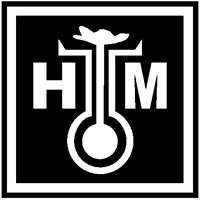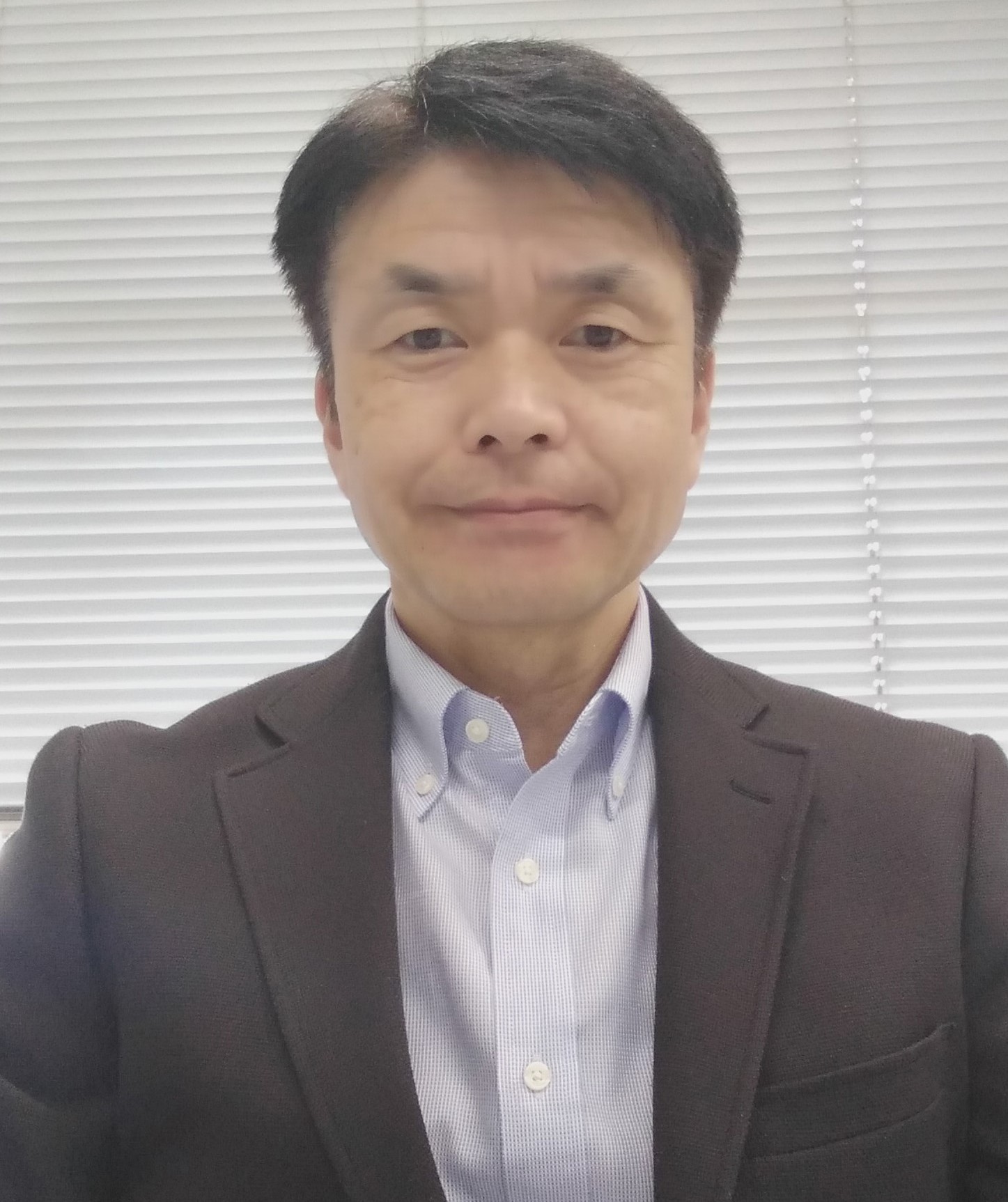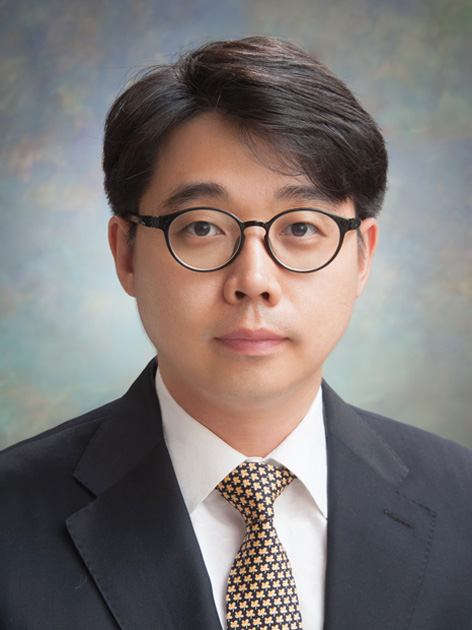 Voting is now taking place for the position of Treasurer of the ECS High-Temperature Energy, Materials, & Processes (H-TEMP) Division. Biographical sketches and statements follow for the candidates nominated for the position. ECS division officers serve as volunteers.
Voting is now taking place for the position of Treasurer of the ECS High-Temperature Energy, Materials, & Processes (H-TEMP) Division. Biographical sketches and statements follow for the candidates nominated for the position. ECS division officers serve as volunteers.
We urge all ECS H-TEMP Division members to take part in this important election! Voting is open from September 1 through September 29.
Teruhisa Horita
Biography
 Dr. Teruhisa Horita is a Director of the Research Institute for Energy Conservation (iECO), National Institute of Advanced Industrial Science and Technology (AIST), Japan. His research since 1992 has focused on the analysis and development of high-temperature solid oxide fuel cell (SOFC) materials and interfaces.
Dr. Teruhisa Horita is a Director of the Research Institute for Energy Conservation (iECO), National Institute of Advanced Industrial Science and Technology (AIST), Japan. His research since 1992 has focused on the analysis and development of high-temperature solid oxide fuel cell (SOFC) materials and interfaces.
Dr. Horita received his MS from the School of Engineering at Waseda University, Japan, in 1992, then joined the staff of the National Chemical Laboratory for Industry as a Research Scientist. He completed his PhD at Waseda University in 1998. From 1998-2000, Dr. Horita was the Alexander von Humboldt Research fellow at University of Karlsruhe, Germany (now Karlsruhe Institute of Technology), under the supervision of Prof. E. Ivers-Tiffee. As Group Leader of the Fuel Cell Materials Group at AIST, he led scientific research on SOFC materials from 2008-2013. Dr. Horita became Senior Investigator at the Industrial Science and Technology Bureau of the Japanese Ministry of Economy, Trade, and Industry (METI) from 2013 to 2015, in charge of hydrogen technology-related national projects with a strong collaboration between industry and government. Since returning to AIST, he has served as Manager of the Research Institute, and from 2021, as Director of iECO, covering a wide variety of energy technologies including engine combustion, fluid dynamics, thermo-electronics, all solid state batteries, redox batteries, and of course, fuel cells and electrolysis technologies.
Since 2010, Dr. Horita has served as Executive Director of the SOFC Society in Japan (SOFCJ), organizing four SOFCJ seminars and meetings, and one symposium per year promoting SOFC and SOEC (solid oxide electrolysis cell) science and technology. These activities contributed to the commercialization of SOFC systems in Japan, and collaboration between industry and academia, not only in Japan, but around the world. Dr. Horita was co-chair of the 17th International Symposium on Solid Oxide Fuel Cells (SOFC-XVII) co-organized by SOFCJ and the ECS High-Temperature Energy, Materials, & Processes (H-TEMP) Division in July 2021. In 2018-2019, as Project Leader of the NEDO (New Energy and Industrial Technology Development Organization) Japanese National Project on “Technology Development for Promoting SOFC Commercialization/Fundamental Study for Rapid Evaluation Method of SOFC Durability,” he brought academia—seven universities/institutes—together with seven industry groups to develop collaborative consortium projects. He is also leading the research and development of SOFC technology by academia and industries in the NEDO project.
Dr. Horita is the author or coauthor of 207 papers published in international scientific journals, and more than 50 papers of conference proceedings, reports, and reviews (including versions in Japanese). His SCOPUS h-index is 46.
Statement of Candidacy
I have been a member of The Electrochemical Society since I attended the international symposium on Solid Oxide Fuel Cells more than 15 years ago. The ECS H-TEMP Division always provides me with eye-opening bright ideas and discussions. Through attending the SOFC symposium series organized by the H-TEMP division, my research experience has grown in richness and depth. I am now a member of the H-TEMP division and co-organized SOFC-XVII (July 2021), one of the authoritative conferences in the world. I am also Executive Director of the SOFC Society (SOFCJ) of Japan, forming bridges between H-TEMP and SOFCJ.
The H-TEMP division will be an important part of realizing a net-zero greenhouse gas emission society, especially high-temperature energy technology such as solid oxide fuel cells and high-temperature steam electrolysis for hydrogen production. H-TEMP’s activities will contribute to the progress of new energy technology by providing a forum and building collaborations in these fields.
My goal as an officer is to expand collaborations with industries and academic activities, and also international collaborations within the H-TEMP division. In this spirit, I am committed to harnessing my strong sense of responsibility to the activities of H-TEMP. If elected Treasurer, I would bring my experience as SOFCJ Executive Director to the division. Most importantly, I would like to help the H-TEMP Chair promote the wider spectrum of energy technology collaborations and newcomers in our biannual SOFC-SOEC symposium and other meetings; this would help to increase the number of division members and boost the ties between academia and industry. I would also endeavor to boost fundraising for H-TEMP by increasing the opportunities for industrial partners to sponsor H-TEMP activities. This could include ECS symposium sponsorships, industrial scholarships, and awards.
Kang Taek Lee
Biography
 Prof. Kang Taek Lee is an Associate Professor in Mechanical Engineering at the Korea Advanced Institute of Science and Technology (KAIST), South Korea. His current research focuses on synthesis, characterization and electrochemical studies of solid state energy conversion materials and devices for solid oxide fuel cells (SOFC/PCFC), all solid state batteries, electrolysis for green hydrogen production and CO2 reduction (SOEC/PCEC) applications, along with 3D nano-imaging characterization technologies.
Prof. Kang Taek Lee is an Associate Professor in Mechanical Engineering at the Korea Advanced Institute of Science and Technology (KAIST), South Korea. His current research focuses on synthesis, characterization and electrochemical studies of solid state energy conversion materials and devices for solid oxide fuel cells (SOFC/PCFC), all solid state batteries, electrolysis for green hydrogen production and CO2 reduction (SOEC/PCEC) applications, along with 3D nano-imaging characterization technologies.
Lee holds a BS in Ceramic Engineering from Yonsei University, South Korea (2002), and MS in Materials Science and Engineering, KAIST (2005). He earned his PhD in Materials Science and Engineering from the University of Florida, U.S., in 2010. There he studied the fabrication and characterization of solid oxide fuel cells and related energy materials and devices under the supervision of Prof. Eric Wachsman. After a position as Research Associate at the University of Maryland Energy Research Center, Prof. Lee joined the faculty of the Energy Science and Engineering Department at Daegu Gyeongbuk Institute of Science and Technology (DGIST), South Korea, in 2014. He has been a faculty member at KAIST since 2020. Prof. Lee has published over 60 peer-reviewed journal publications and 16 patents, and delivered more than 40 invited talks and tutorials on the topics of energy conversion and storage.
Statement of Candidacy
Since I became a student member of ECS in 2006, my academic career and interactions have matured alongside the expansion and growth of the ECS High-Temperature Energy, Materials, & Processing (H-TEMP) Division. I have been an ECS member for over 15 years and am now a lifetime member, involved in the H-TEMP division as a member at large. Our division is now focusing on high temperature electrochemical energy conversion and storage science and technology—one of the central aspects in the energy research of the “near” future to direct society toward decarbonization with new hydrogen and renewable energy platforms. In this regard, I believe that the primary goal of H-TEMP’s new leadership is to play an important role in ensuring that new members understand that our division focuses on high-temperature electrochemical processes and devices as well as materials characterization and processing for energy conversion; and strengthen interactions and engagement between other divisions and societies (e.g., other Asian societies), and thus expand H-TEMP’s international presence. I support the spirit and progress of the Free the Science initiative launched in 2010. If elected, I commit to recruiting new members and making our division financially stronger and more diversified.
Vote Now
